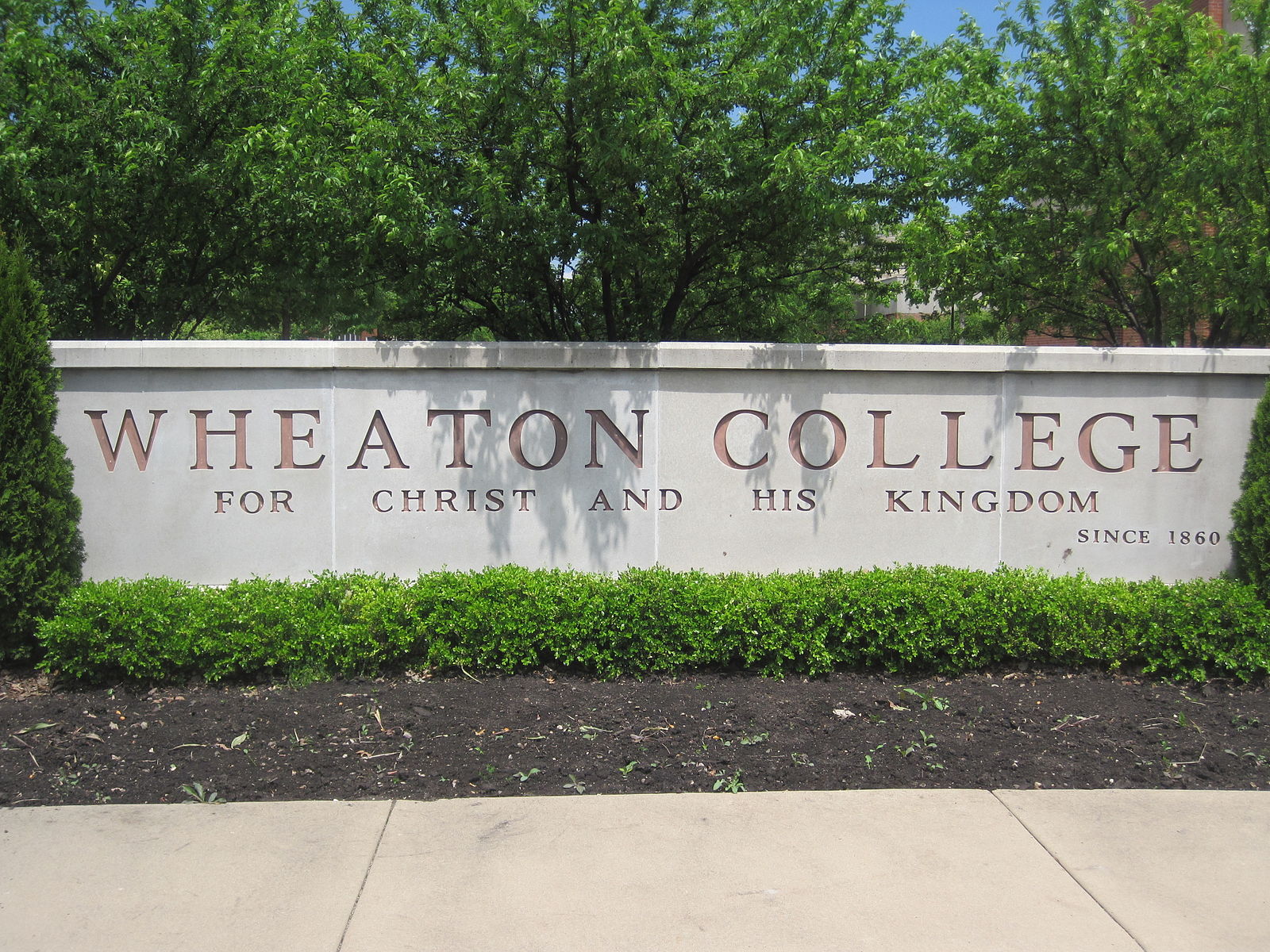
Seth Udinski, FISM News
[elfsight_social_share_buttons id=”1″]
A peculiar development in the evangelical community broke last week, as the prominent Christian institution, Wheaton College, announced it would change the language of a plaque honoring the famed 20th century martyr Jim Elliot. Elliot graduated from Wheaton in 1949 and entered the mission field soon after. He ministered to the Waorani tribe in Ecuador and was murdered in 1956 by tribal leaders.
In describing the events surrounding Elliot’s martyrdom, the plaque reads: “For generations all strangers were killed by these savage Indians.” Wheaton president Philip Ryken ordered the wording be updated in a way that the institution believes to be less “dehumanizing.” Ryken said in a statement,
(The term “savages”) has been used historically to dehumanize and mistreat indigenous peoples around the world. Any descriptions on our campus of people or people groups should reflect the full dignity of human beings made in the image of God.
Wheaton’s announcement of a language change will certainly affect the public opinion of its most famous missionary. While the desire to reflect the image of God is commendable, it is curious that the college has chosen to change the language now in the midst of a secular cultural movement towards revisionist history, anti-Americanism, and cancel culture. Additionally, this name change enters dangerous ground and opens up the opportunity to hyper-focus on a political and social issue that has nothing to do with the true story of Jim Elliot, a man who was indeed savagely murdered for sharing the gospel of Jesus Christ.
Currently, Wheaton has not announced that it will remove the memorial of Jim Elliot altogether. The latest development is that the plaque will be returned with updated language. Regardless of the plaque’s fate, it will be fascinating to see if Jim Elliot’s legacy can survive at his alma mater.
